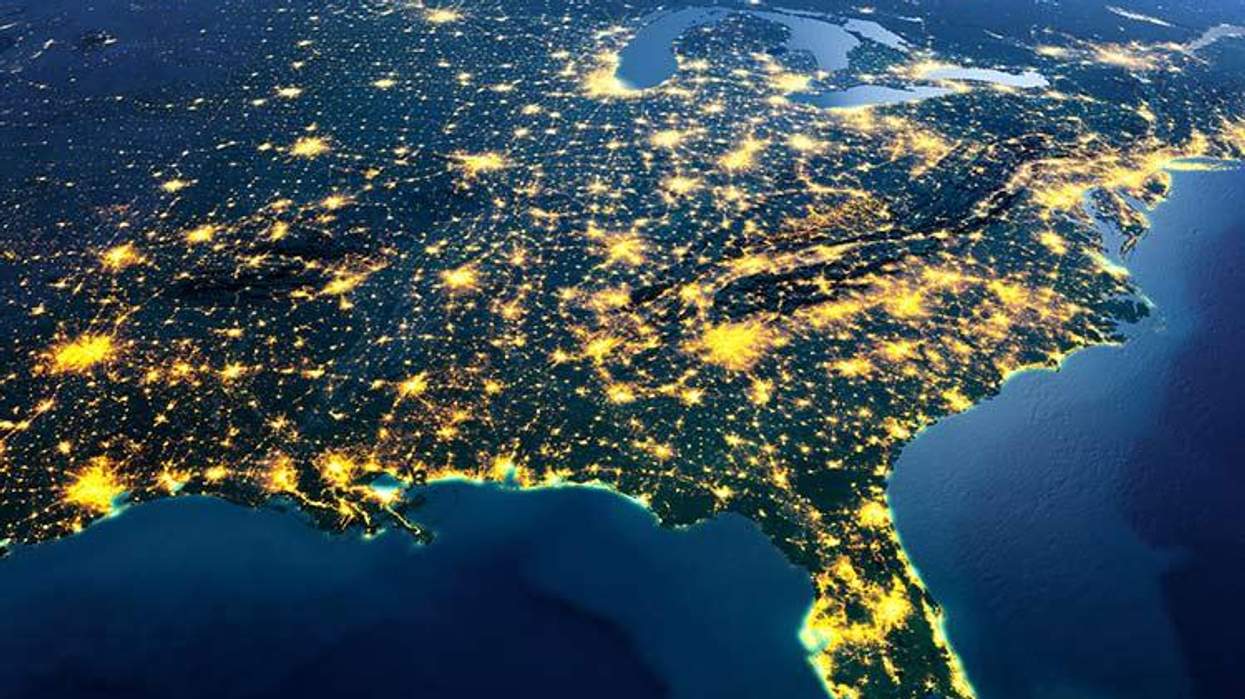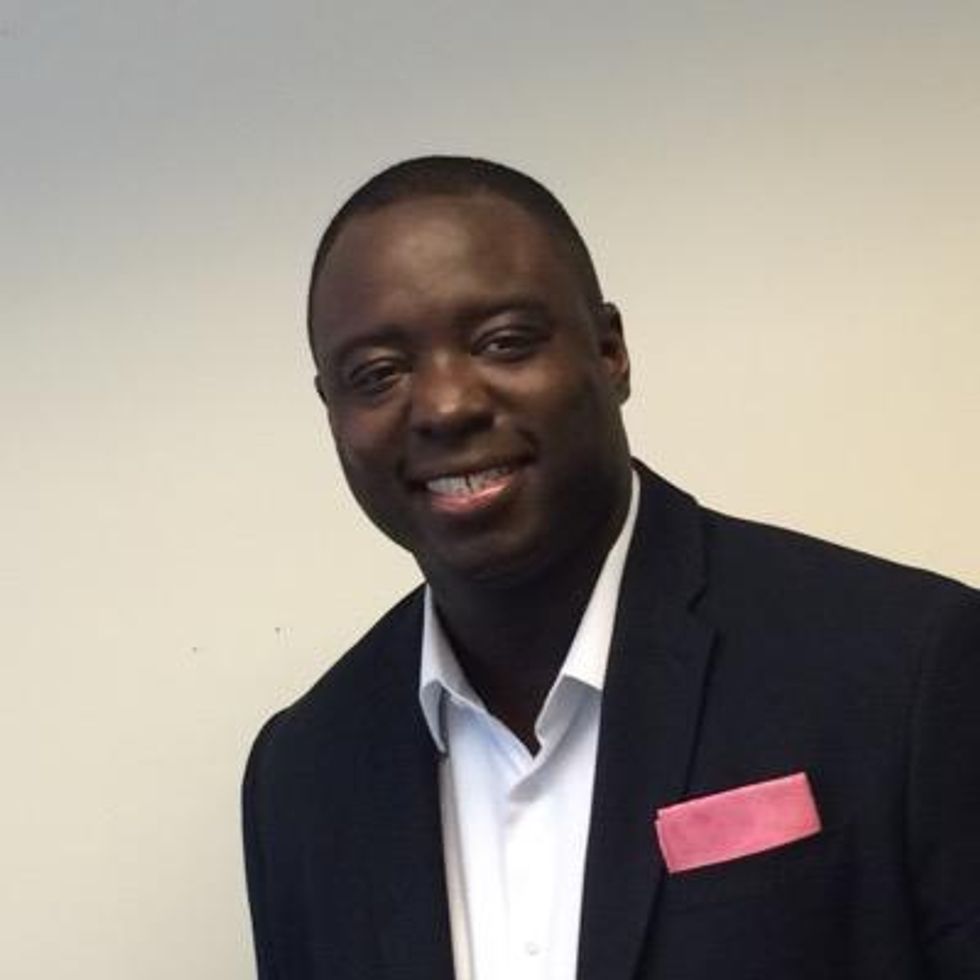Data shows that the Deep South has been steadily growing in its acceptance of LGBT equality for the past decade, highlighting some of the strong work being done by LGBT activists and allies to change individual hearts and minds and promote inclusive cultures. Despite this, the Human Rights Campaign has been tracking an onslaught of nearly 200 anti-LGBT bills introduced in 34 states. A high concentration of these bills have been in the South, the region of the country in which 35 percent of LGBT people live -- more than any other region in the country.
A new report by
the Williams Institute shows that public support for LGBT people and their equality is growing in every state in the South --and has been steadily on the rise for the past 10 years. Despite this growth, the study indicates that LGBT people in the South are more likely to lack employment protections, live below the poverty line, and struggle to put food on their tables. The report also juxtaposes the high level of HIV experienced among men who have sex with men in the South compared with other regions and the fact that nearly one in four LGBT individuals in the South lacks health insurance.
This data reinforces how important it is that we invest resources and energy into efforts to expand LGBT equality across the Deep South. This is precisely the reason HRC launched Project One America, an program currently focused on Arkansas, Alabama, and Mississippi, two and a half years ago.
The legal and political barriers to equality across the South are monumental on their own. Just this week,
North Carolina passed a bill which revokes the nondiscrimination ordinances of Charlotte and other municipalities, sanctions discrimination statewide, and puts transgender people across the state at increased risk of discrimination. Despite massive opposition from major companies and sports teams, Georgia Gov. Nathan Deal could still sign a bill into law legalizing discrimination against LGBT people. My home state of
Mississippi has seen 12 anti-LGBT bills introduced this year -- bills to undermine marriage equality, criminalize transgender people, and keep LGBT education out of public schools. There is also the broad so-called Religion Liberty Accommodations Act, which would give individuals, religious organizations and private associations a license to discriminate, and is dangerously close to becoming law. In Alabama, the legislature is considering a bill that could deny children needed placements by refusing to consider loving same-sex couples who are eligible to adopt or become foster parents. Arkansas will begin its legislative session next month, and while it should primarily be a budget session, we are actively watching to ensure that no anti-LGBT legislation sneak into law.
And yet, even as we face monumental challenges across the South, we have found opportunities to make progress and create more inclusive spaces in Southern states. Our most recent
Healthcare Equality Index released this week showed the South has the second highest number of hospitals earning a distinction for taking steps to provide LGBT-competent and inclusive care. Companies like BBVA Compass, headquartered in Alabama, and Tyson Foods and Walmart, both headquartered in Arkansas, are adopting policies to protect their LGBT employees.
Faith leaders across the Deep South are coming together to affirm the LGBT members of their congregations.
The Williams Institute data shows that, together, we are already changing hearts and minds. Incrementally, the LGBT advocates working on the ground in these Southern states are contributing to changing cultures in healthcare, workplaces, and faith centers. We will have an uphill battle ahead to secure full equality nationwide, and ultimately the
Equality Act is needed to ensure we can guarantee equality under the law in every corner of these states. But, until that day comes, we must work together to keep making progress for LGBT Americans possible in every school, office, and community across the Deep South.


 BEN NEEDHAM is director of HRC's Project One America.
BEN NEEDHAM is director of HRC's Project One America.
Charlie Kirk DID say stoning gay people was the 'perfect law' — and these other heinous quotes